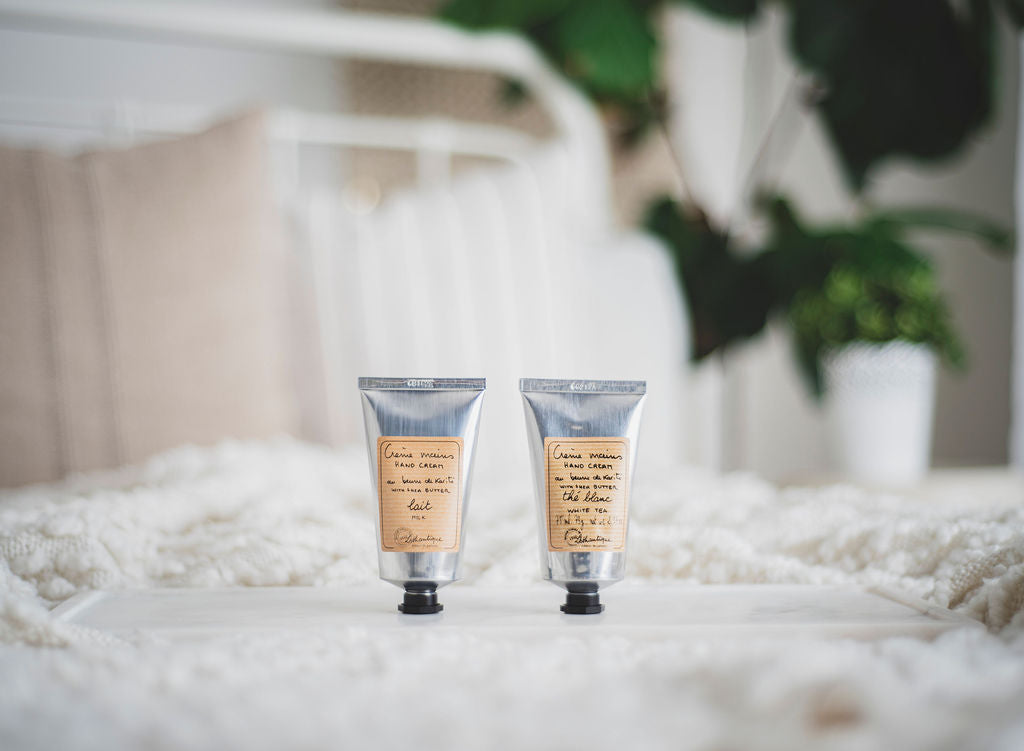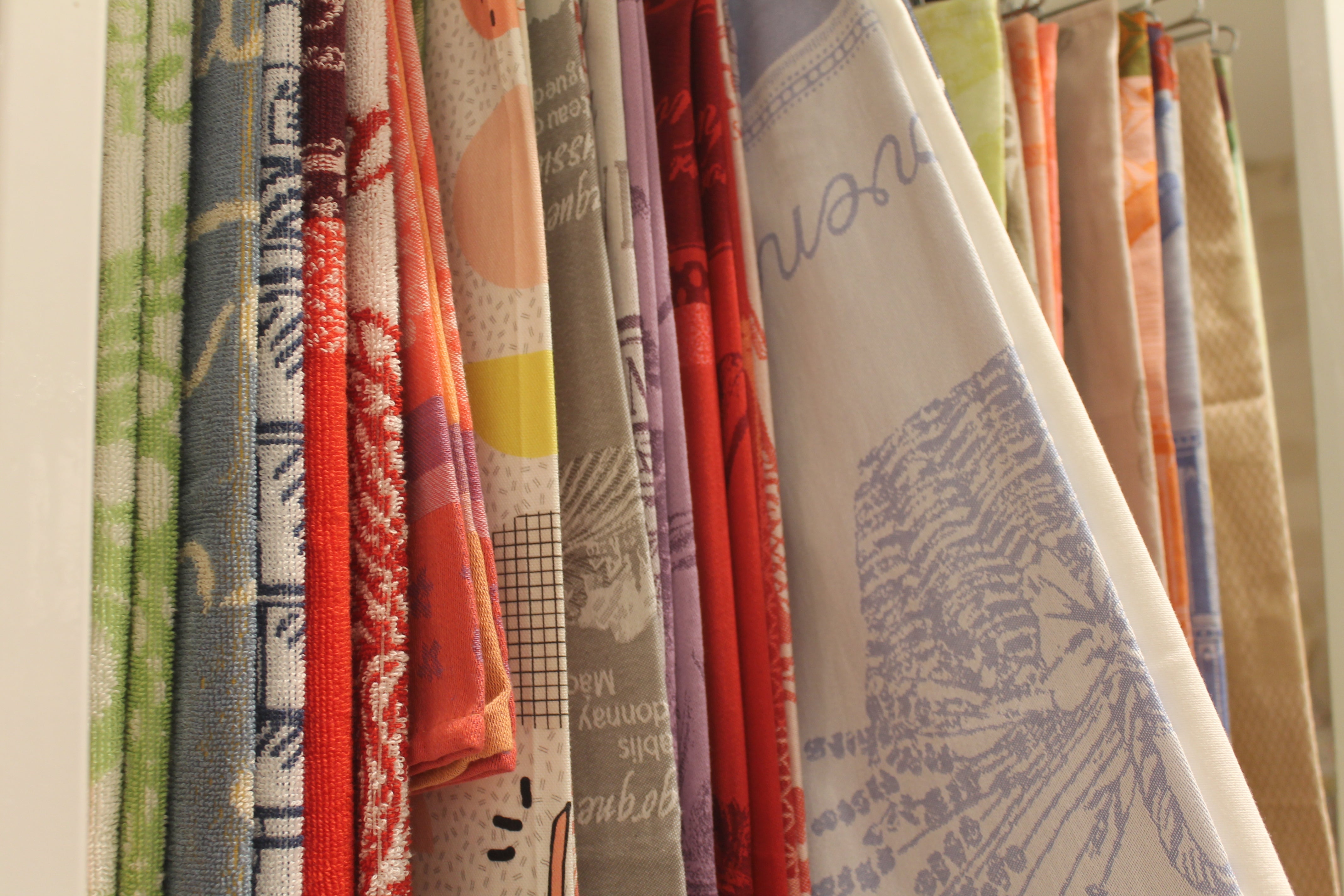With Halloween on the horizon, we decided to explore the myths and facts about how sugar can affect your skin. Plus, we’ve got some tips on how to take care of your skin after a couple of extra candy bars.
What is sugar?
Sugar is a carbohydrate molecule. Carbohydrates are naturally occurring and can be found in most plants. They largely fall into three simple sugars: glucose, fructose, and galactose. Glucose can be turned into energy for your body by a hormone called insulin. You need glucose for your brain, central nervous system, and red blood cells to function properly.
How does sugar affect your skin?
First things first, does chocolate cause acne? Absolutely not. If you were to cut out all the junk food and sugary treats in your diet, you wouldn’t be able to get rid of your acne. Several studies have suggested acne might actually have a strong genetic component. However, too much chocolate can aggravate skin conditions like acne and eczema.
So what exactly does sugar do to your skin?
A lot of our food has sugar in it - even our fruits and vegetables. But if you were to eat several pieces of cake versus a few oranges, many of us would wake up with an unwelcome zit surprise from the first. This is partly because an orange is more likely to fill you up, which means you are less likely to eat an entire basket worth. However, you might be able to finish half a cake if you are anything like us.
Unfortunately, sugar is an inflammatory food. When you have a lot of sugar in your bloodstream (more than your insulin can handle), it can cause a natural chemical reaction called glycation. If there is an excess of glucose in your skin fibers, the sugar molecules will adhere to the collagen and elastic proteins, which makes the collagen rigid. Your skin can become drier, less elastic, and leads to a little flare-up.

Another big myth, does eating sugar age your skin? While this is technically true, sugar consumption can play a role in the development of wrinkles, its affects are mild in comparison to other environmental factors and genetics. In fact, your DNA likely accounts for fifty percent of your skin aging.
What can you do help manage the effects of high sugar intake on your skin?
While it is best to limit your intake of processed sugars throughout the day, we can’t avoid the temptation of a chocolate bar forever. What should you do then? Start by drinking lots of water. Water can slow the absorption of the sugar and may help to prevent blood sugar spikes.
You should also get your beauty sleep. Scientists have shown that melatonin can reduce glycation damage by up to fifty percent. Taking a nap after a sugar crash is probably actually a great idea.
Another great way to take care of your skin – replenish your dry skin with a moisturizer. Try the Compagnie de Provence velvet seaweed sorbet face cream to help hydrate your skin for up to 48 hours. The olive oil helps to protect from other environmental stressors, and the almond oil and plant squalene provide a soothing sensation. It is vegan, made in France, and perfect for skin in need of hydration and comfort after a little too much comfort food.
Let us know about your favourite treats in the comments.










